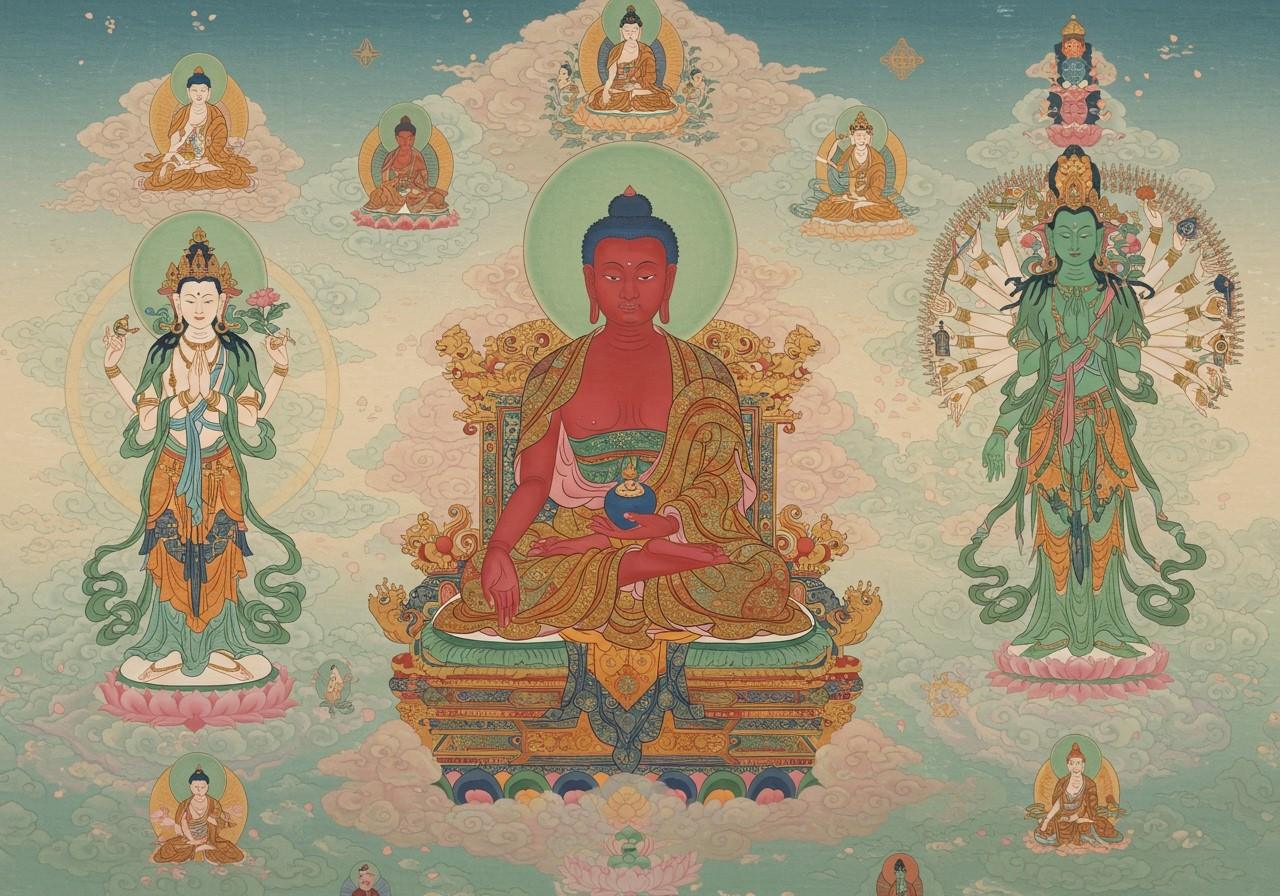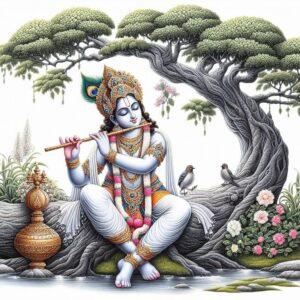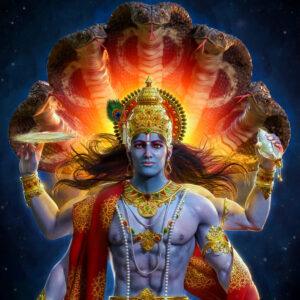
Mahayana Buddhism, a branch of Buddhism originating in India around the 1st century CE, emphasizes the Bodhisattva path – the journey of enlightened beings dedicated to helping others achieve enlightenment. This tradition is renowned for its diverse pantheon of deities and profound teachings, which hold deep cultural and spiritual significance for millions across Asia. This exploration delves into the core elements of Mahayana Buddhism, enhancing your understanding of this rich tradition.
The Essence of Bodhisattvas
Bodhisattvas are central figures in Mahayana Buddhism, embodying immense compassion (karuṇā) and wisdom (prajñā). They vow to postpone their own complete Buddhahood until all sentient beings are liberated. The Bodhisattva vow, a commitment to guiding others on their spiritual journeys, is a defining aspect of their path.
Key Bodhisattvas include:
- Avalokiteshvara, the embodiment of compassion.
- Manjushri, representing wisdom and insight.
The Six Perfections (Pāramitās) – generosity, ethics, patience, diligence, meditation, and wisdom – are essential virtues cultivated by Bodhisattvas. They serve as both spiritual mentors and accessible deities for worship, offering support and inspiration to practitioners.
Key Deities in the Mahayana Pantheon
Mahayana Buddhism features a rich tapestry of deities, each with unique attributes and narratives. These figures are revered as protectors and spiritual guides. As stated in Mahayana Buddhism features a pantheon of deities, including Buddhas of the past, bodhisattvas like Maitreya, and figures like Vajrapani, who evolved from the Vedic god Indra. These deities serve as protectors and sources of spiritual blessings for devotees. Green Tara is a prominent goddess, highly venerated for her virtues. Mahayana Buddhism also incorporates Indian deities shared with Hinduism and emphasizes rituals and devotion to generate merit and spiritual power., this pantheon includes figures like Vajrapani (evolved from Indra) and the goddess Green Tara.
- Avalokiteshvara: Often depicted with multiple arms, symbolizing the ability to aid countless beings simultaneously.
- Tara: A beloved goddess appearing in various forms, such as Green Tara, renowned for swift assistance and protection, particularly in Tibetan Buddhism.
- Amitabha Buddha: Presides over the Western Pure Land, a realm devotees aspire to for rebirth and enlightenment.
- Ksitigarbha: Dedicated to helping beings in hell realms, exemplifying boundless compassion.
Symbolism is rich within the Mahayana tradition. The lotus flower, often associated with these deities, represents purity and enlightenment.
Prominent Mahayana Goddesses
Female deities hold a significant place in Mahayana Buddhism, embodying feminine strength and compassion:
- Green Tara: Represents active compassion and swift aid.
- White Tara: Symbolizes peace, healing, and longevity.
- Prajnaparamita: Personifies wisdom, often depicted with a sacred text.
- Guanyin (Avalokiteshvara’s Chinese form): Revered in East Asia as a compassionate savior.
These goddesses showcase the balance of masculine and feminine energies within the spiritual path.
Rituals and Practices
Rituals are integral to connecting with the Mahayana Pantheon:
- Offerings: Incense, flowers, and other offerings express devotion and gratitude.
- Mantras: Chanting mantras, like Avalokiteshvara’s Om Mani Padme Hum, invokes blessings and protection.
- Meditation and Visualization: These practices facilitate connection with Bodhisattvas and Buddhas.
- Pilgrimage: Journeys to sacred sites deepen spiritual experience.
- Festivals and Ceremonies: Community events strengthen shared spiritual heritage.
Shop Authentic Buddhist Ritual Items at Poojn.in
Poojn.in provides a wide selection of items for your Buddhist practices:
- Statues: High-quality brass and copper Buddha statues for your altar. Explore our Tara Murtis.
- Incense and Holders: Traditional incense and beautifully crafted holders. Discover our Camphor selection.
- Meditation Supplies: Cushions, mats, and other essentials for a comfortable meditation practice.
- Offering Bowls: Pure copper and brass bowls for offerings to deities.
- Prayer Beads (Mala): Crafted from sacred materials to aid in mantra recitation.
- Ritual Objects: Bells, dorjes, prayer flags, and singing bowls for various practices.
Visit www.poojn.in to explore our complete collection. We offer secure packaging, fast delivery across India, and easy returns. Shop Now.
Embracing Mahayana Wisdom
The Mahayana Pantheon offers a profound path of wisdom, compassion, and devotion. By understanding these revered deities and engaging in traditional practices, we can deepen our spiritual journey. The teachings emphasize balance, reminding us of the inclusive nature of Mahayana Buddhism.
Explore further:
FAQs: Mahayana Pantheon Explained
What is the Mahayana Pantheon? The Mahayana Pantheon encompasses the collection of deities and spiritual figures revered in Mahayana Buddhism, including Buddhas, Bodhisattvas, and other enlightened beings.
Who are some key deities? Key figures include Avalokiteshvara (compassion), Manjushri (wisdom), Amitabha Buddha (Pure Land), and Tara (swift assistance).
What role do deities play? Deities serve as guides and spiritual friends, embodying qualities to emulate on the path to enlightenment. They are often invoked in prayers and rituals.
Are there Mahayana goddesses? Yes, Tara, Prajnaparamita, and Guanyin are prominent goddesses, representing compassion, wisdom, and salvation.
What distinguishes Mahayana concepts? The emphasis on the Bodhisattva path, aiming for the enlightenment of all beings, is a key distinction.


